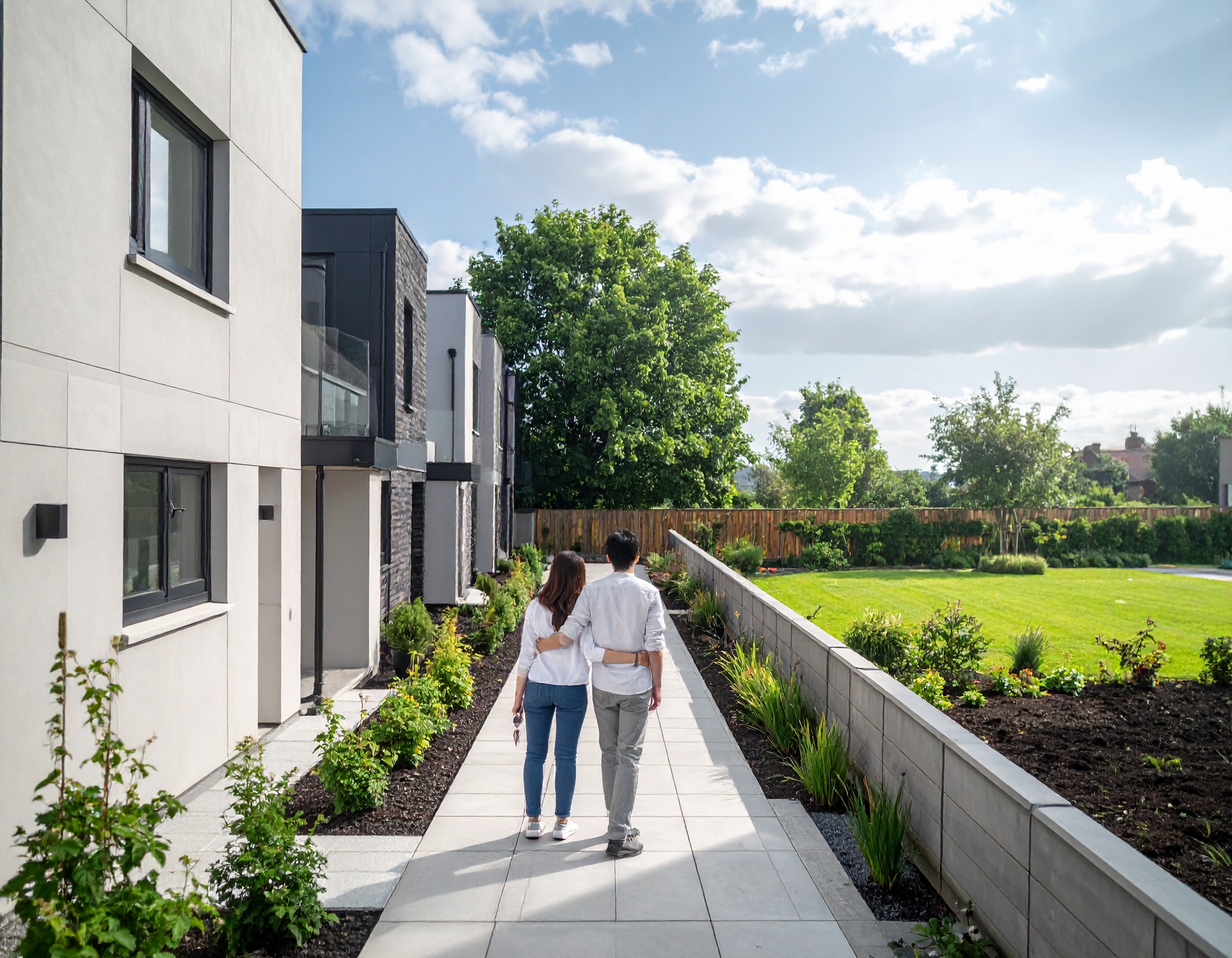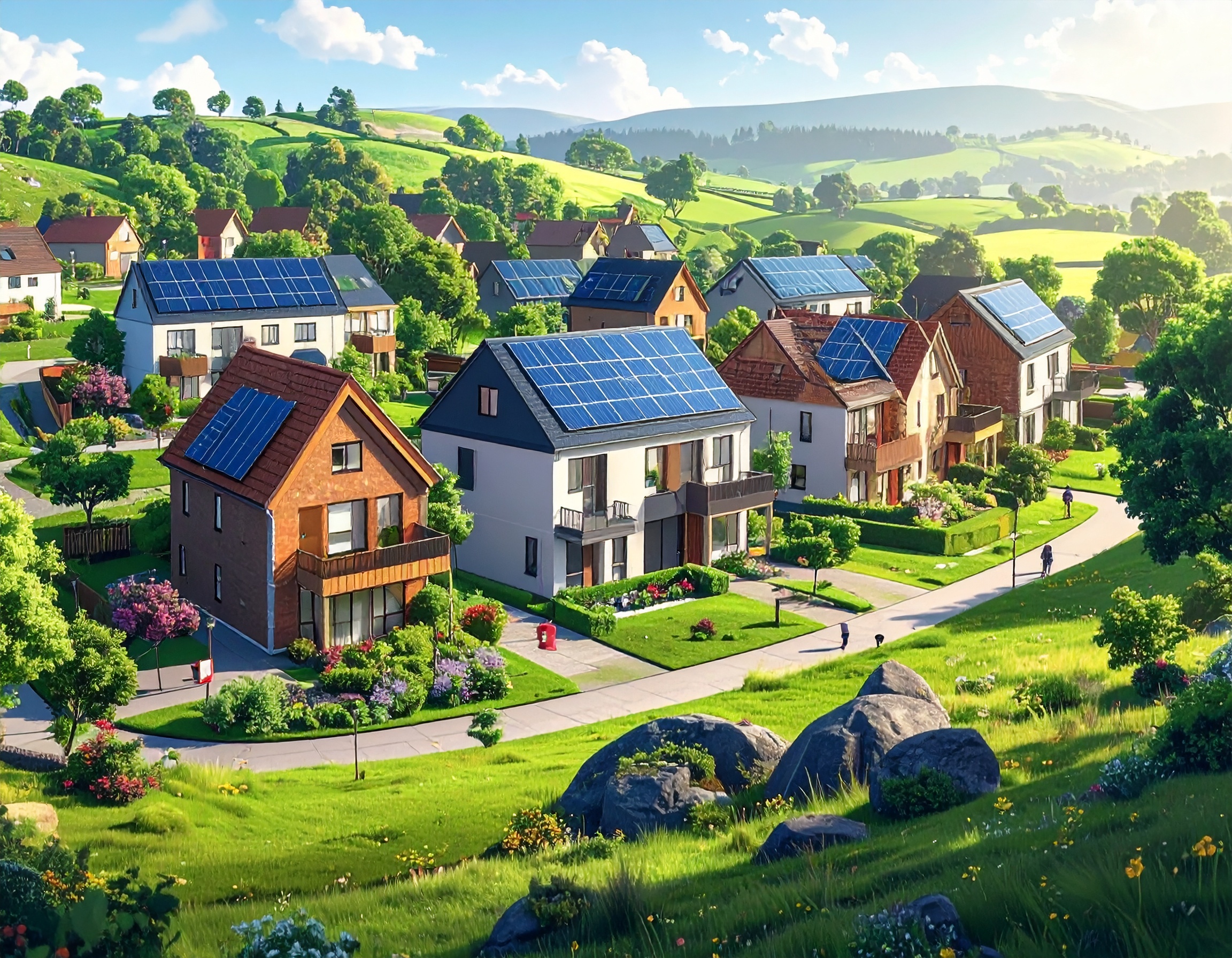New Research Reveals Young First-Time Buyers Trapped in “Nature Deserts” as Green Space Access Shrinks Across the UK

High housing costs near parks and natural areas are deepening health inequalities, wildlife coalition warns
A new national study has revealed that young first-time buyers are increasingly being pushed into “nature deserts” — urban areas with little or no access to green space — as soaring property prices near parks and natural landscapes make nature-rich living unaffordable.
The research, conducted by Wildlife and Countryside Link, exposes a stark link between housing affordability and access to nature. For every square metre of green space lost per person, an additional 494 first-time buyers move into that area — highlighting how economic pressures are forcing a generation to trade wellbeing for affordability.
Experts say this trend is being driven by government housing policy that fails to integrate green infrastructure and healthy living environments into new-build developments.
Richard Benwell, Chief Executive of Wildlife and Countryside Link, said:
“With the right planning reforms, we can transform today’s ‘nature deserts’ into greener, healthier places to live. Everyone deserves a home they can afford without losing their connection to nature. That means rethinking how we build — creating affordable, high-quality housing that protects both people’s health and the natural environment.”
Planning Bill Could Deepen the Divide
The coalition warns that the government’s proposed Planning and Infrastructure Bill could worsen the crisis by allowing developers to build on once-protected green spaces without replacing lost nature nearby. Under the current draft, compensatory parks or nature areas could even be created in a completely different county — doing little to serve affected communities.
Charities are urging ministers to back new planning amendments that guarantee every community access to local green or blue spaces — including parks, waterways, and community gardens — within walking distance of new housing developments.
Ingrid Samuel, Director at the National Trust, commented:
“The government is right to focus on solving the housing crisis, but it must also tackle the growing crisis in access to nature. Green space isn’t a luxury — it’s a basic human need. Without new parks and wild areas, the public will be badly let down.”
Housing Affordability and Nature Access: A Growing Health Divide
Using regression modelling based on Office for National Statistics (ONS) data for 2023, researchers found a statistically significant correlation between the lack of green space and the concentration of first-time buyers.
Areas with fewer parks and natural spaces attract more first-time buyers due to lower house prices — but at a cost. Living without easy access to green space is linked to poorer physical and mental health outcomes. Studies show that proximity to nature reduces anxiety and depression by around 20%, while people living more than 800 metres from green areas report significantly higher rates of stress and low wellbeing.
The findings suggest that the UK housing crisis is now entangled with a public health and environmental crisis — with younger and less affluent households disproportionately affected.
A Call for Greener, Fairer Housing Policy
Wildlife and Countryside Link and its coalition partners — including the National Trust and other leading environmental charities — are calling for:
- Legal guarantees for accessible green and blue spaces in every new development.
- Stronger protections for existing parks, waterways, and nature areas.
- Mandatory inclusion of urban nature restoration in the government’s planning and infrastructure reforms.
Previous research by the coalition found that one in three households in England lack a natural space within a 15-minute walk, with the most deprived communities twice as likely to be “nature deprived”.
“We cannot allow affordable housing to come at the expense of a healthy environment,” Benwell added.
“The next generation deserves homes that nurture wellbeing, not just roofs over their heads.”

